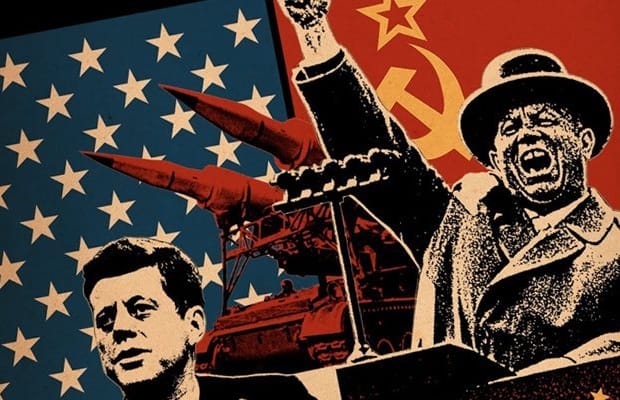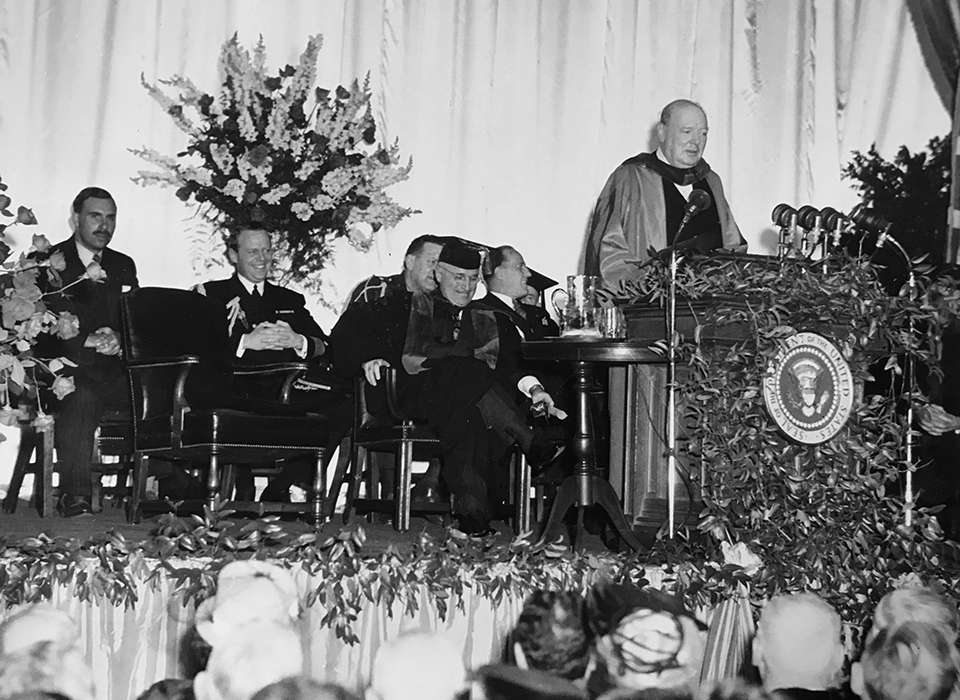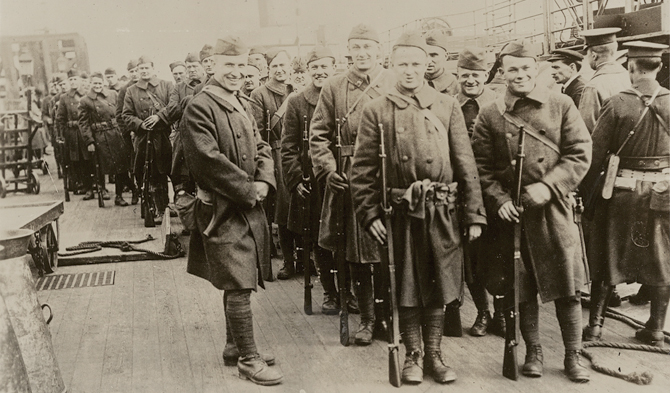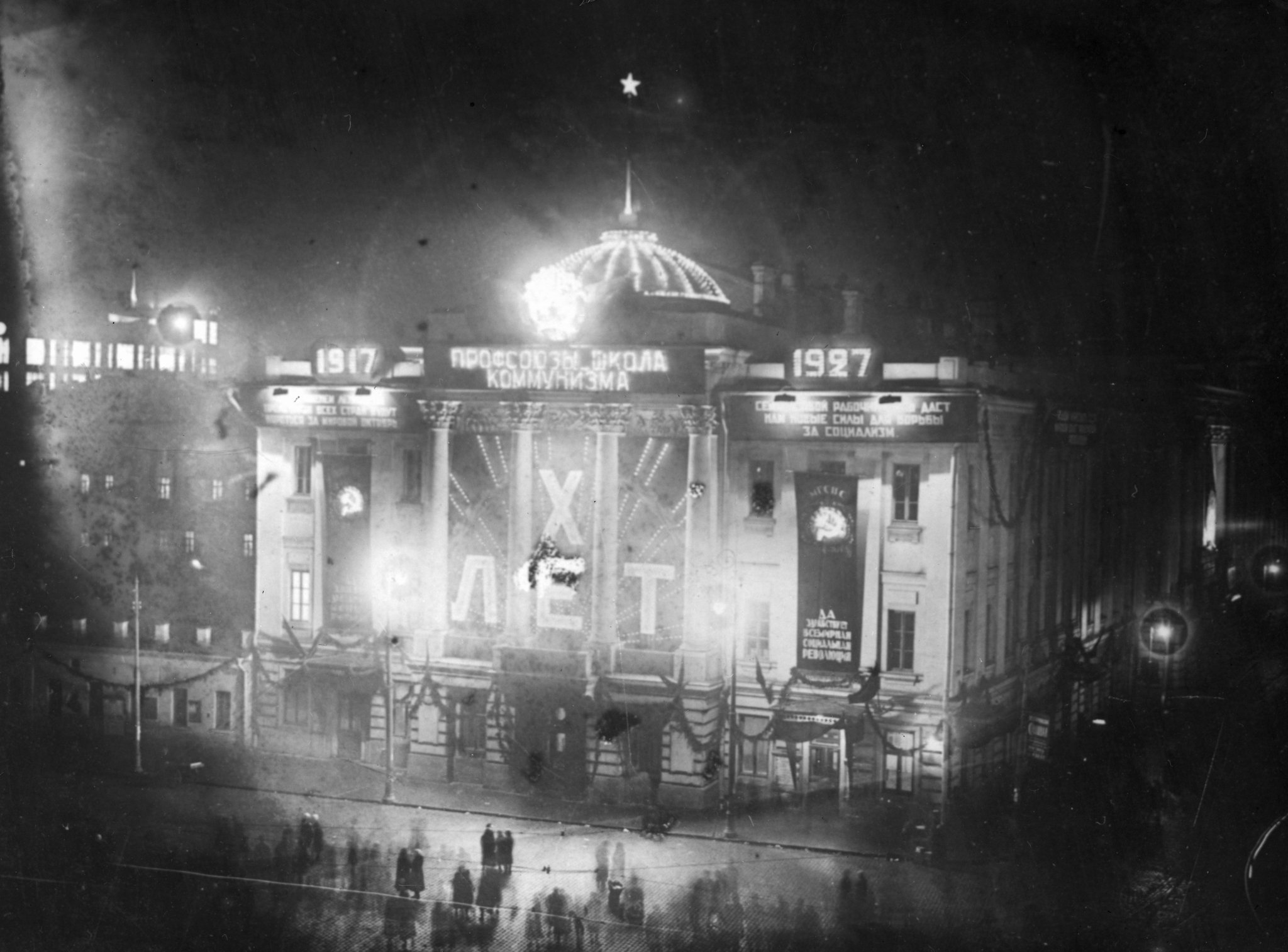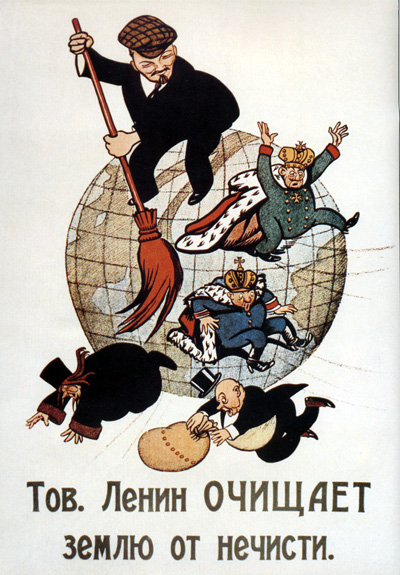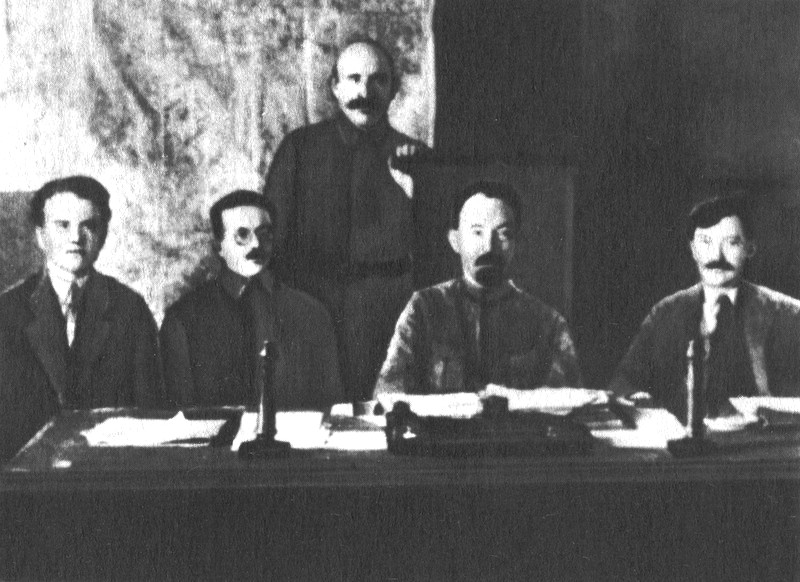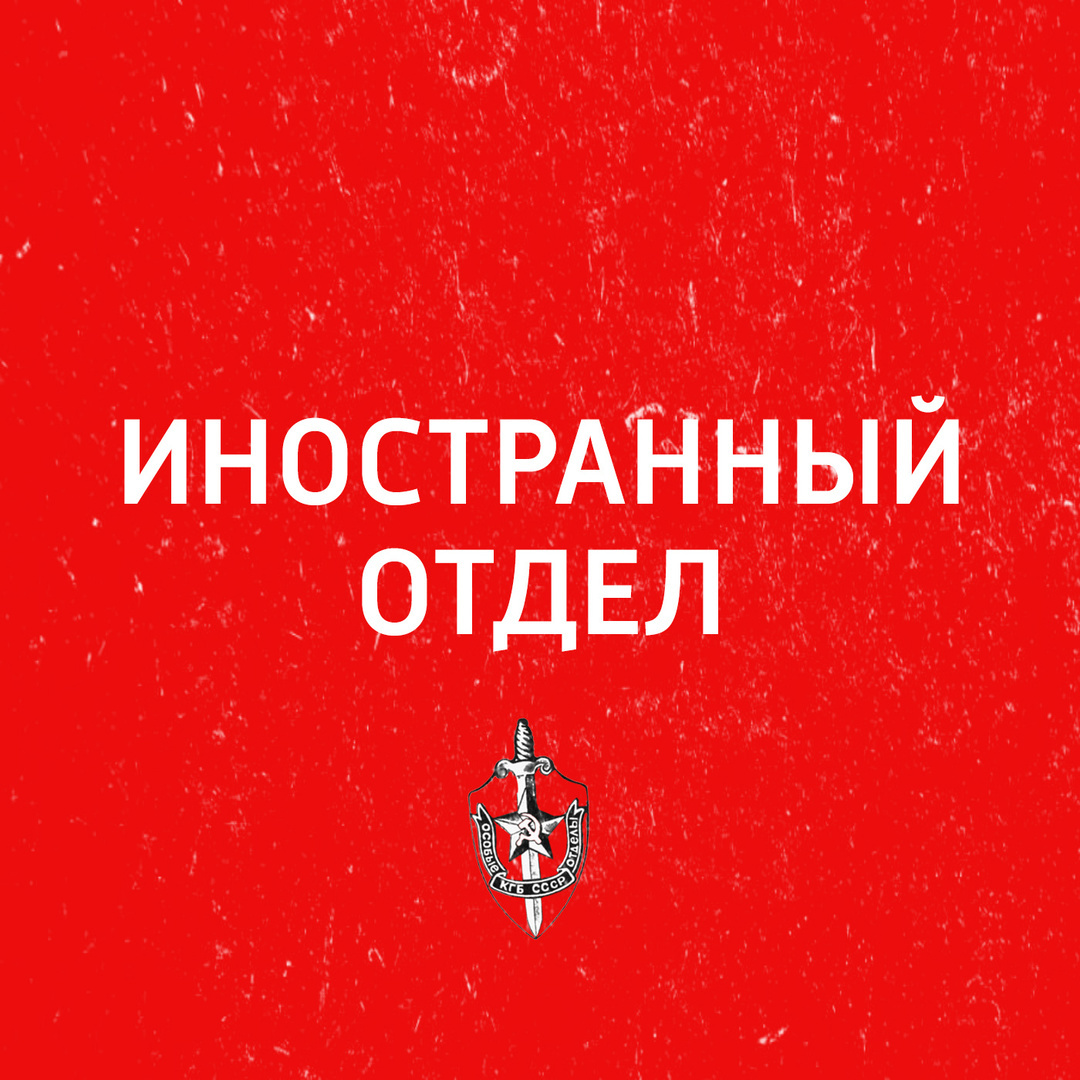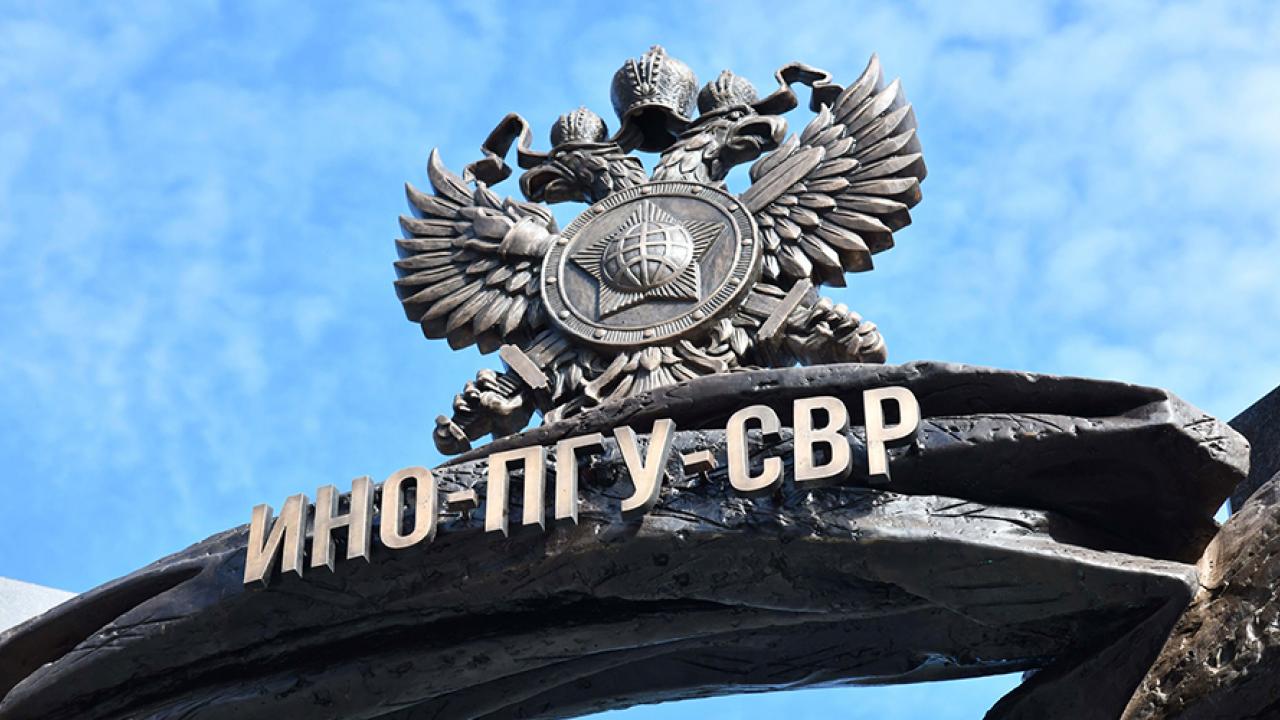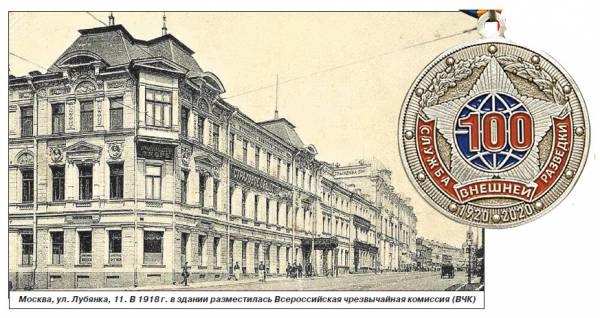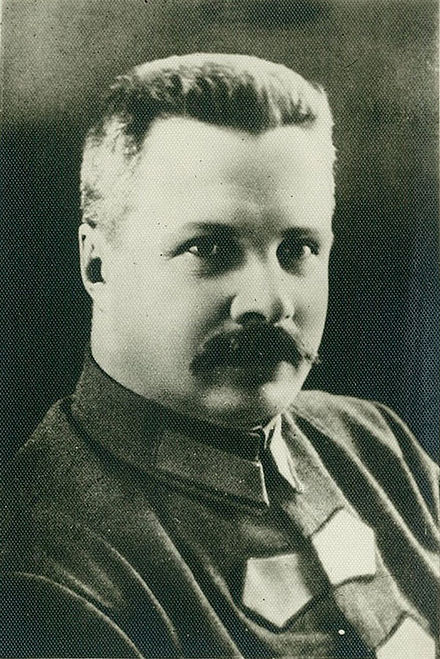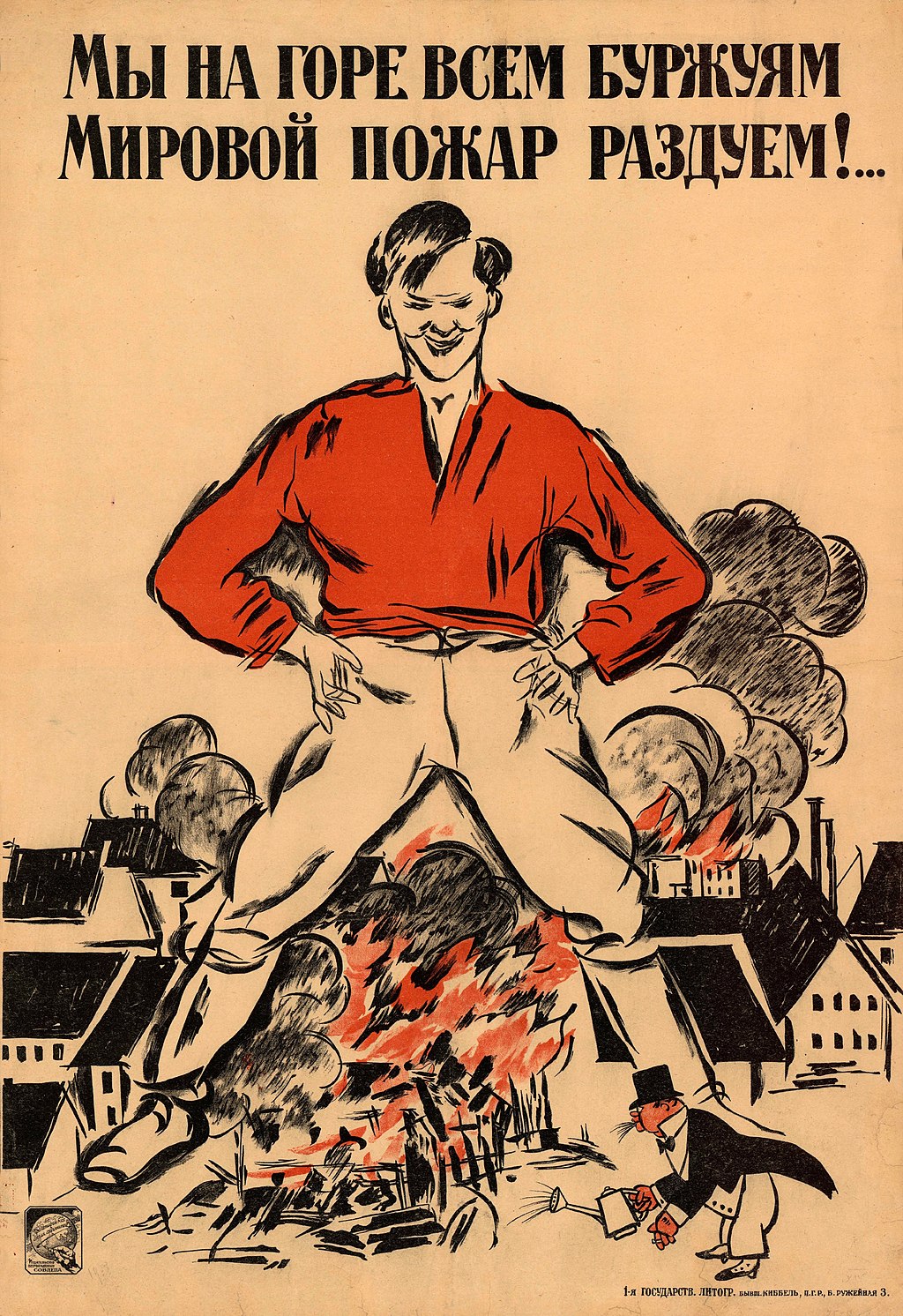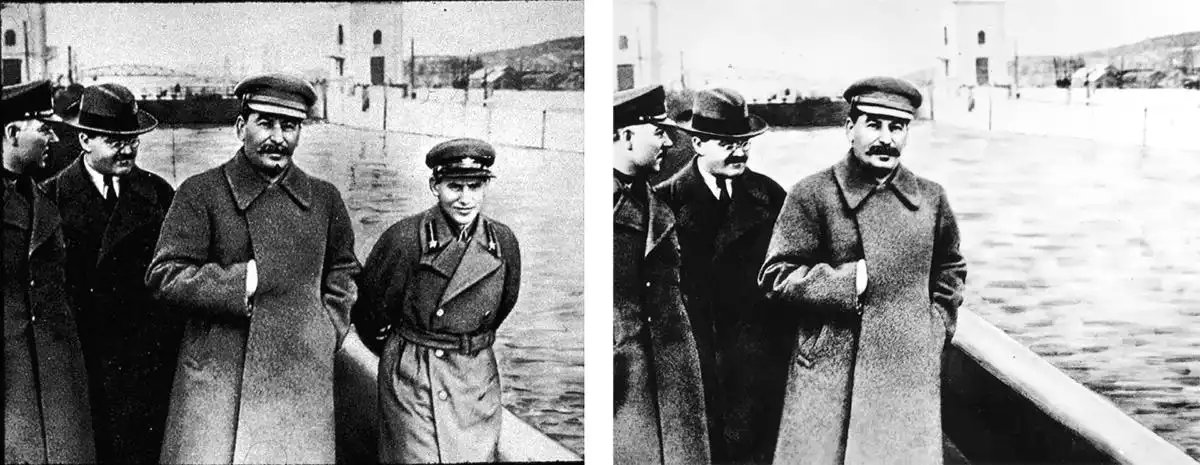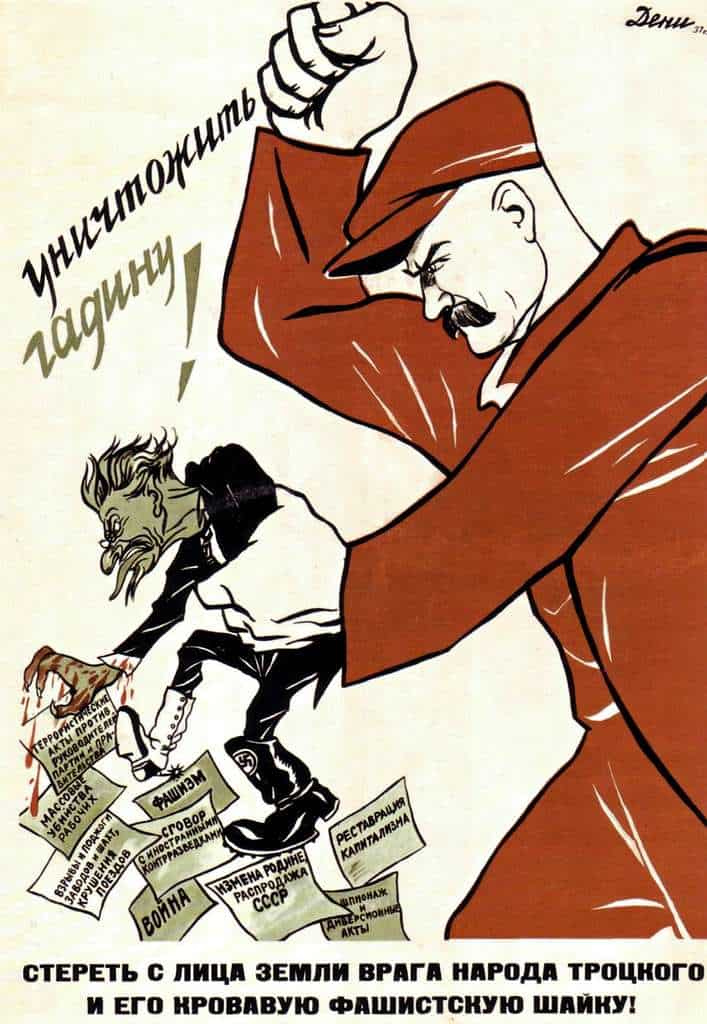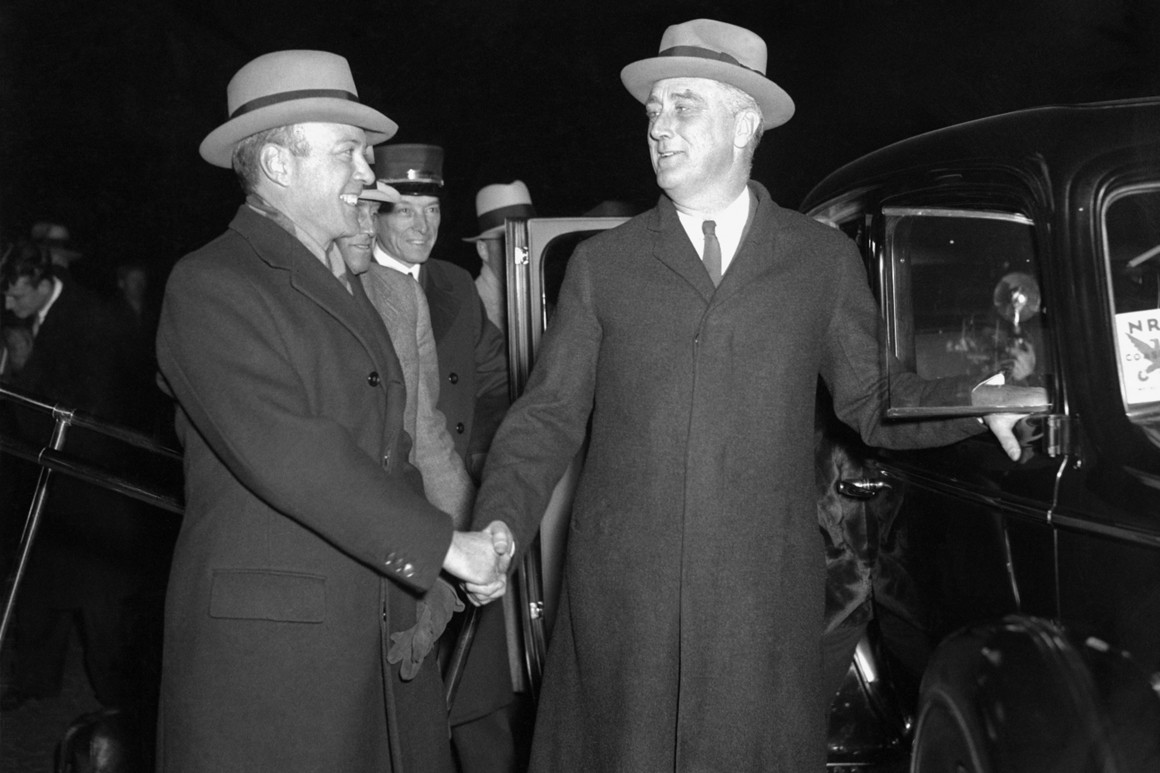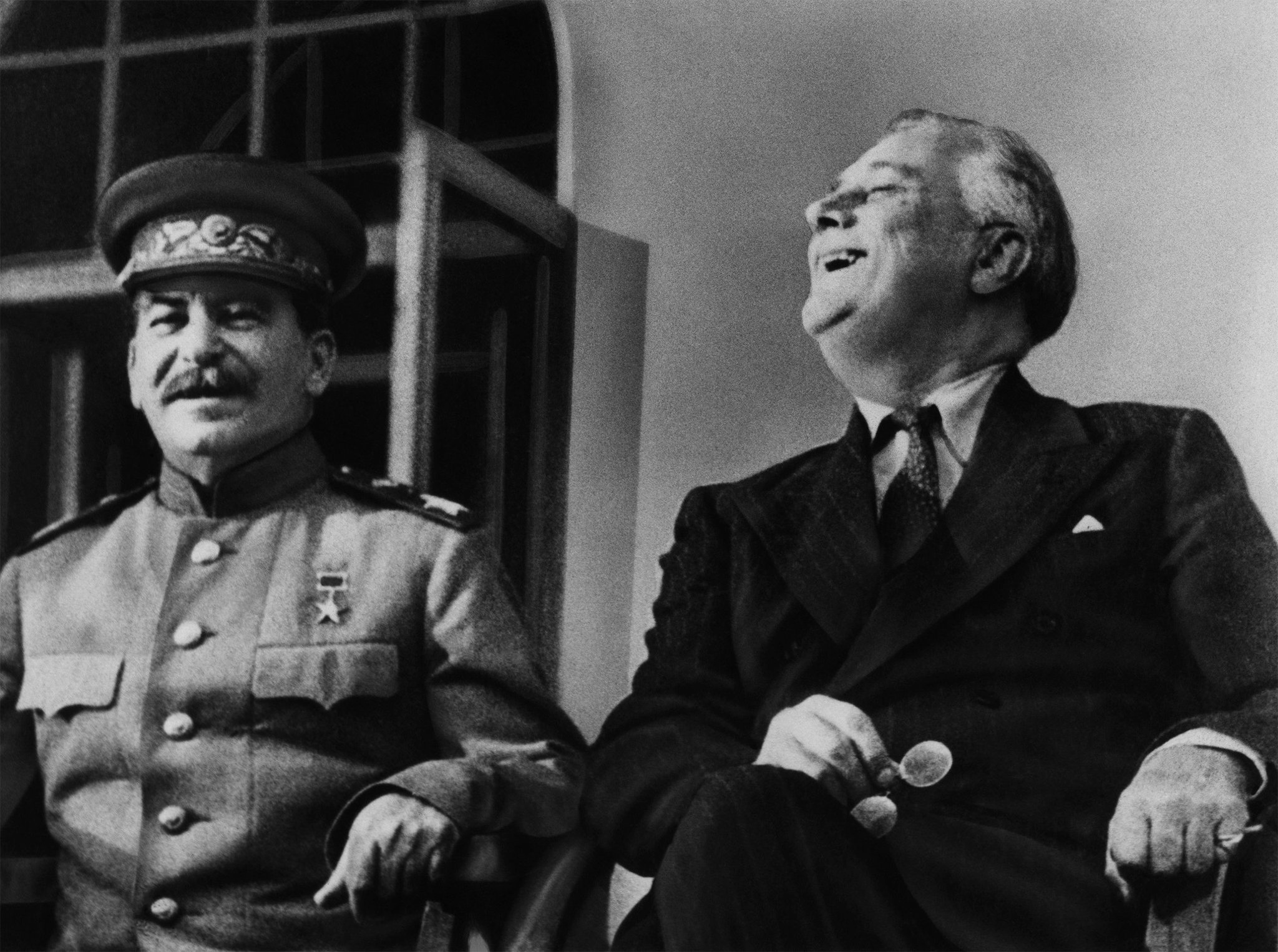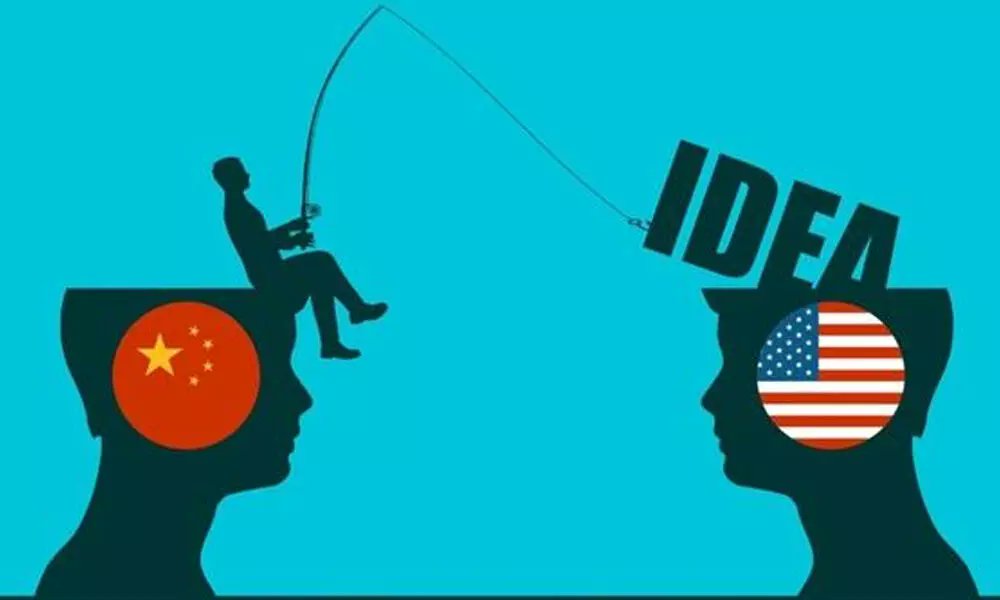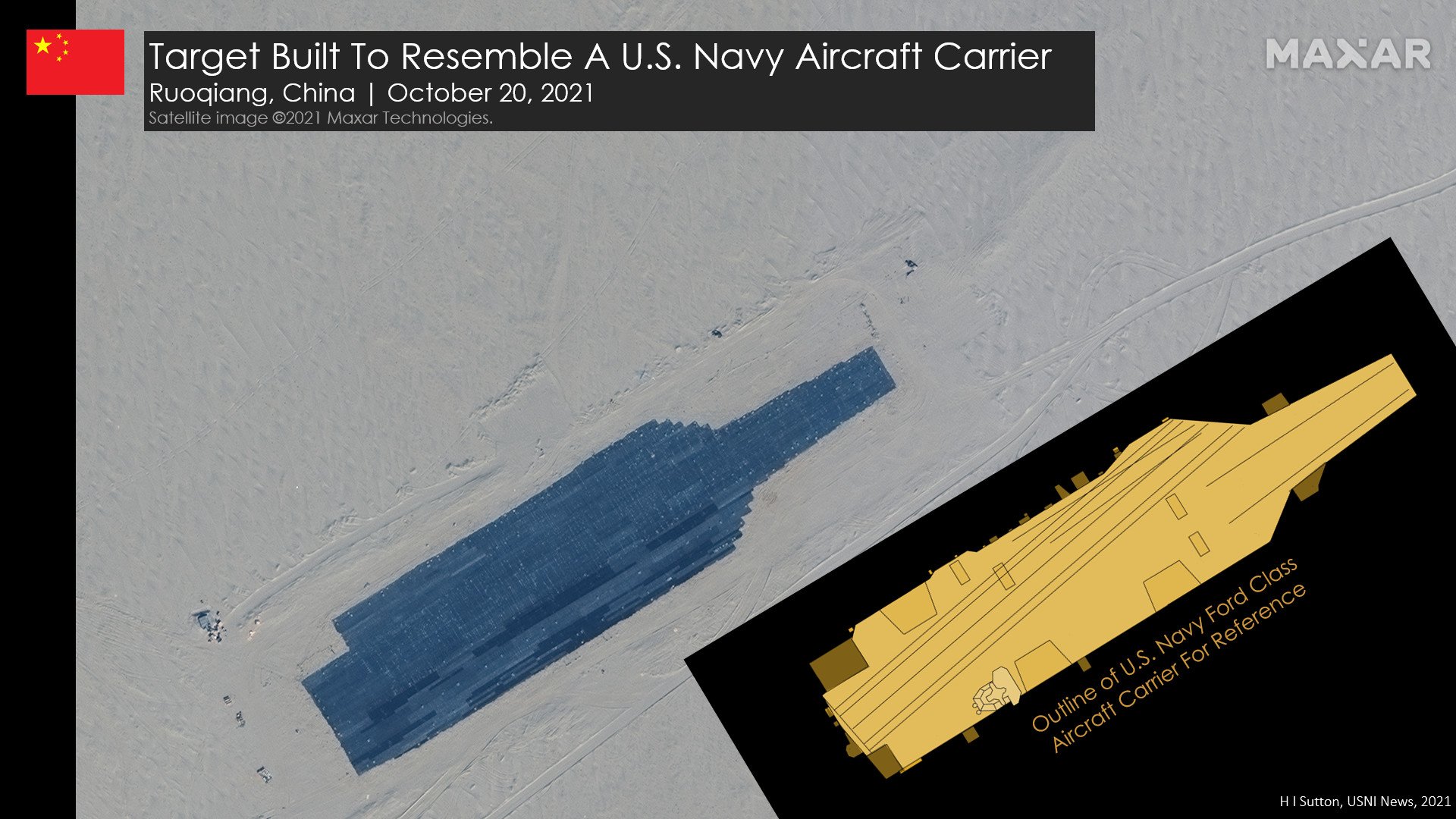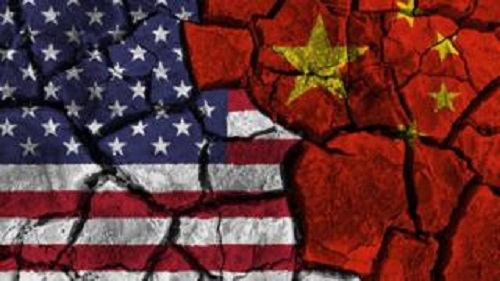Thread by Dmitri Alperovitch
Thread
When did the Cold War truly start?
And why this might matter for our current confrontation/competition with China 🧵
And why this might matter for our current confrontation/competition with China 🧵
People often cite Churchill's Iron Curtain speech in March 1946 as the marker for the origins of the Cold War between the West and the Soviet Union
But I believe one can make a compelling case that it began much earlier - in April of 1920
But I believe one can make a compelling case that it began much earlier - in April of 1920
After the collapse of the Russian empire, the Bolshevik revolution of 1917 and the ensuing Russian Civil War, the Allied powers decided to intervene (for a variety of reasons outside the scope of this thread) militarily in support of the Whites in 1918
Many countries contributed troops, including US, Britain, Czechoslovakia, Canada, France, Italy, Greece and Romania. They fought/were stationed across the Far East, Siberia, Caucasus, Crimea and Odessa
The intervention was a disaster and most countries ultimately withdrew by 1920 (Japan continued to occupy Sakhalin island until 1925)
As we know, the Bolsheviks ultimately won the Civil War, consolidated power and became best friends with the West. Well, except for the last part
As we know, the Bolsheviks ultimately won the Civil War, consolidated power and became best friends with the West. Well, except for the last part
The Bolsheviks instantly began to focus on promoting the Marxist concept of World Revolution, a global class struggle of the working glass against capitalism. They setup and controlled the Comintern in 1919 to coordinate this global struggle
With the founding of the Soviet intelligence agencies - Cheka (1917), which later became the KGB and now FSB & SVR, and GRU (1918), the focus on foreign intelligence collection and 'active measures' was almost immediate
Felix Dzerzhinsky, the founder of the Cheka, established a Foreign Department in December of 1920 (later First Directorate of the KGB and now the SVR)
But the foreign espionage focus commenced even earlier - in the spring of 1920 as part of the Special Department of the Cheka
But the foreign espionage focus commenced even earlier - in the spring of 1920 as part of the Special Department of the Cheka
Initially, the Foreign Department had 6 centers:
1. Northern (Baltics & Scandinavia)
2. Polish (considered #1 immediate threat in 1920)
3. Central European (Residences in Berlin & London)
4. Southern European & Balkans
5. Eastern (Turkey, Iran, Japan, China)
1. Northern (Baltics & Scandinavia)
2. Polish (considered #1 immediate threat in 1920)
3. Central European (Residences in Berlin & London)
4. Southern European & Balkans
5. Eastern (Turkey, Iran, Japan, China)
And not to be overlooked the 6th Center:
- American (Residences in New York & Montreal)
The priorities of the Department were:
- Discovery of any interventionist and economic blockade plans against Soviet Union
- Gathering of military alliance docs
- Theft of industrial IP
- American (Residences in New York & Montreal)
The priorities of the Department were:
- Discovery of any interventionist and economic blockade plans against Soviet Union
- Gathering of military alliance docs
- Theft of industrial IP
But espionage against the bourgeois enemy was not the only focus of the newly formed Soviet Union
As Mikhail Frunze, one of the top Red Army commanders during the Russian Civil War, put it in his official Red Army's military doctrine that he wrote in 1921:
As Mikhail Frunze, one of the top Red Army commanders during the Russian Civil War, put it in his official Red Army's military doctrine that he wrote in 1921:
Between our proletarian state and the rest of the bourgeois world there can be only one state of long, stubborn, desperate war not to the stomach, but to the death; war that requires colossal endurance, discipline, firmness, inflexibility and unity of will
www.patriotica.ru/history/frunze_doctrine.html
www.patriotica.ru/history/frunze_doctrine.html
The entire Soviet system right up until WW2 was based on the premise that conflict between itself and the capitalist states is highly likely, if not inevitable
In fact, one of the contributors to Stalin's Great Purge of 1936-1938, was Stalin's conviction that everyone around him was a Western spy
Stalin would disregard reports from his very well-placed spy networks in the UK and the US that they had no active intelligence networks in the Soviet Union and execute his own operatives under the charge of being agents of 'western imperialism' (usually British) or Trotsky
By and large, the West remained quite oblivious to the existence of this Cold War throughout the 1920s and early 1930s
Diplomatic relations between the US and the Soviet Union were established in 1933 (and UK in 1924)
Diplomatic relations between the US and the Soviet Union were established in 1933 (and UK in 1924)
US and German industrialists flooded into the Soviet Union and helped to build numerous factories and heavy industry, including the now destroyed Azovstal metallurgical facility in Mariupol, which was based on Gary Works plant, in Gary Indiana
Of course, necessarily, the animosity between the Soviet Union and the West was put on hold during WWII to confront a common and much more dangerous threat to civilization - one might even call that interlude a 'detente', but as we know it did not last
If all of this sounds familiar:
Decades of espionage, including IP theft (not recognized for many years as taking place by Western leaders)
Decades of espionage, including IP theft (not recognized for many years as taking place by Western leaders)
US and German entrepreneurs investing and doing knowledge transfer in a country that is antagonistic towards the West
The similarities between the beginnings of Cold War I (Soviet Union) and Cold War II (China) are starting to come into focus
There are numerous differences to be sure, not least of which is that the prospect of a hot war between US and China today is perhaps higher than it's been throughout most of Cold War I
Let's hope that, just like Cold War I did, Cold War II ends without one!
END
Let's hope that, just like Cold War I did, Cold War II ends without one!
END
